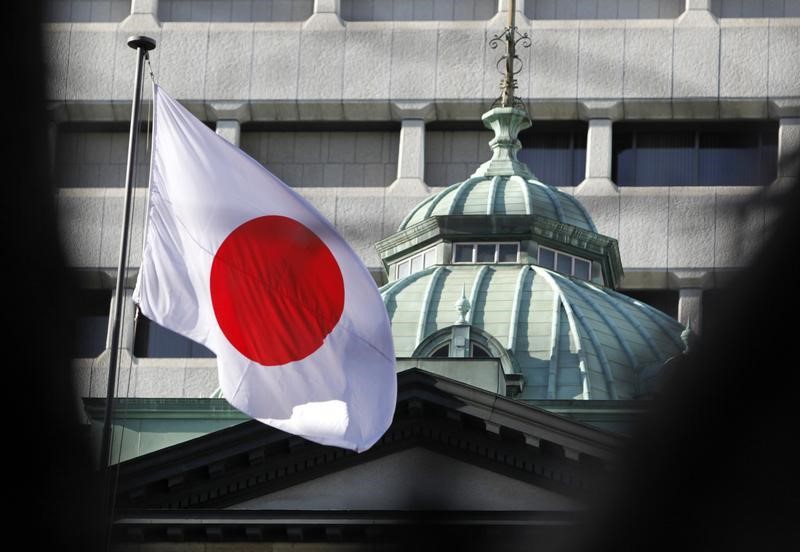ISTANBUL (Reuters) - Japan's use of aggressive monetary stimulus to kick-start its economy is different from a policy of intervention aimed at driving down its currency, a senior U.S. Treasury official said on Tuesday.
The official, who was speaking to reporters on the sidelines of the G20 meeting of central bank governors and finance ministers in Istanbul, also said there appears to have been progress in recent days on a package for Ukraine.
The issue of 'competitive devaluation' has been a divisive one in recent weeks, reflecting concern that Japan and Europe's use of quantitative easing (QE), or aggressive stimulus, was aimed at making exports cheaper.
While the United States has already called on members of the Group of 20 leading economies to stick to commitments on exchange rate policy, the official said Japan was not attempting to manipulate the yen currency.
"There's a difference between a country like Japan putting QE kinds of policies in place than if they were intervening in building up reserves to drive down the value of their currencies," the official said, speaking on condition of anonymity.
"They are not the same policies."
Tokyo has embarked on rounds of massive stimulus to revive an economy hamstrung by years of deflation. However, the U.S. official also said that Japan should not be too reliant on such measures, and should also focus on structural reform.
There appears to have been some recent progress on an international package to support Ukraine, the official said, without giving further details.
